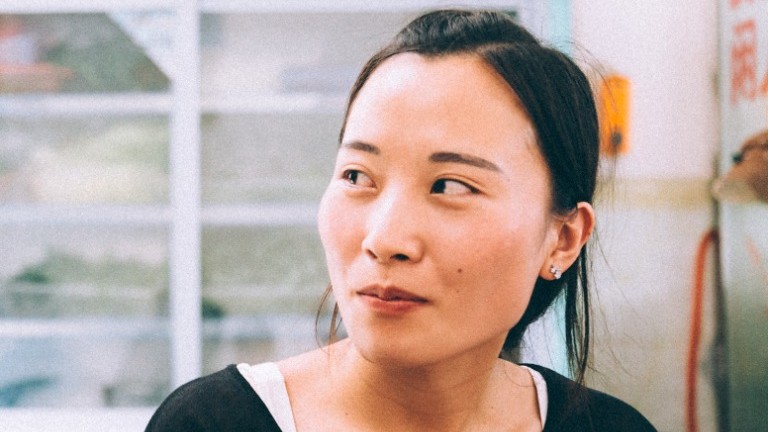Going where there is no gospel in Asia
By John Stuart | Central Asia

Julie* is part of a small team hoping to bring the word of God and maybe, one day, the first church among the Central Asian minority we call "Cheuasai."
As Julie watched the dance performance in the town square, a few locals approached. They struck up a conversation in the majority language, intrigued by the foreigner in their midst. Thankfully, Julie had been studying the language for some time and it felt good to speak to them in her limited fluency. She thought it was going well, when the conversation took a different turn.
"Can you speak our minority language?" one of them asked. Disappointed, Julie admitted that she didn't know the language.
"If you could speak our language, you would be amazing," he said.
In an area where many of the minority people can't speak the majority language, the simple experience led her again to a powerful realization: to reach these people, knowing the local language is essential.
Julie and her SIM team have a passion to see a local church established among this minority, the "Cheuasai" people.
"We have yet to meet any minority Christians who live in the region," Julie said. "Even those who can speak the national language don't have much of a chance to hear about Christianity. Many of them have not even heard the name of Christ."
Though progress is slow, the Cheuasai people they have met are open to relationships and deeper conversations. On a recent day trip in the region, Julie and her team met a young woman named Lily.
"Although she is a teacher in this region, she had never spoken to a foreigner before," Julie said. "We met her on a bus and spent the day getting to know her. She told us that our meeting was 'destiny.' We are keeping in touch with her and hoping we can talk more with her soon."
Julie was not supposed to be in this part of Central Asia at all. She had been focused on another country of service, but changed her mind when she saw the great need amongst minority groups in this region.
"I was drawn here because everything is in a pioneering stage - there was a great need for workers," Julie said. "Also, the Christians in this country have yet to become very involved in reaching out to this group and other minority groups in their own country, so my skills as a linguist could be used right away."
Julie and the team's desire is to ensure that Cheuasai people have access to the Bible (written and oral) in their own language. To accomplish this, they will spend years learning the national language and then the Cheuasai language.
It's been a slow process, Julie admits. Visa issues, language learning and the launch of a new business are the big hurdles, but the team is unified and desires to move out of the city and into the countryside. There are more restrictions for foreigners to live there, but God is at work.
"It has taken years of painstaking effort," Julie said. "But it finally seems like the business we've been trying to set up will open soon in the region, so that our first few people will be able to move out to that area."
*Name changed.
Related stories

Doro Clinic outreach programmes reach the forgotten with care and the gospel
In South Sudan’s Maban County, medical teams from SIM’s Doro Clinic are reaching refugees who can’t reach them, bringing healing, hope and the gospel to the sick, the stigmatised and the overlooked.

Today for Tomorrow is rooting the next generation in Christ across Southern Africa
Today for Tomorrow began with just five children when SIM mission worker Graham, Jessie and Chris Maphosa saw a gap in how children were being discipled. While serving in Zimbabwe, Chris and colleagues developed the T4T training programme to help pastors and teachers share Christ-centered lessons in ways children could understand. Today, the ministry has grown significantly and continues to shine across the region.

Our call to care for the planet goes beyond recycling: lessons on creation stewardship
As a child growing up in Canada, I thought recycling was the best way to help the planet. The world’s problems were much too big for us as children, but finally, there was something we could do as well, right from our home. But my understanding of all my efforts were turned on its head when I chatted with Ian Ratcliff, SIM's Ministry Point Person for Creation Stewardship and Care.

